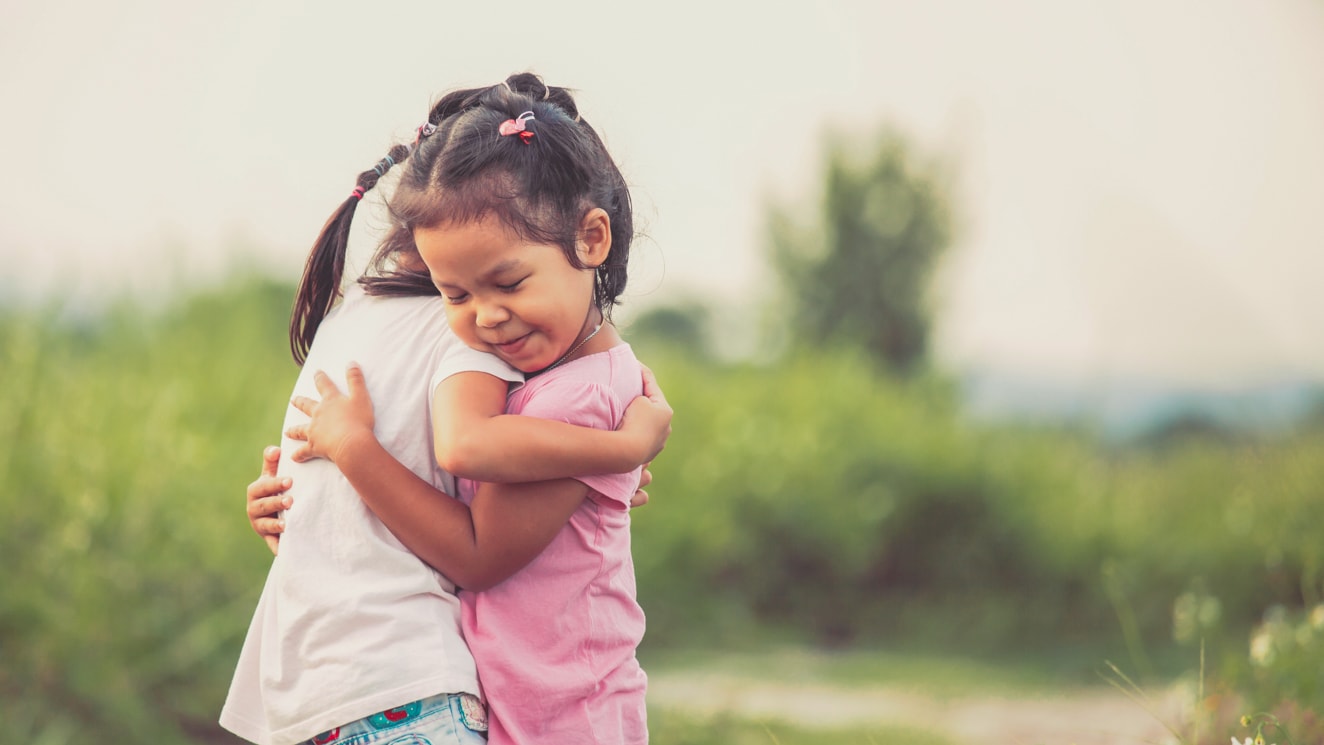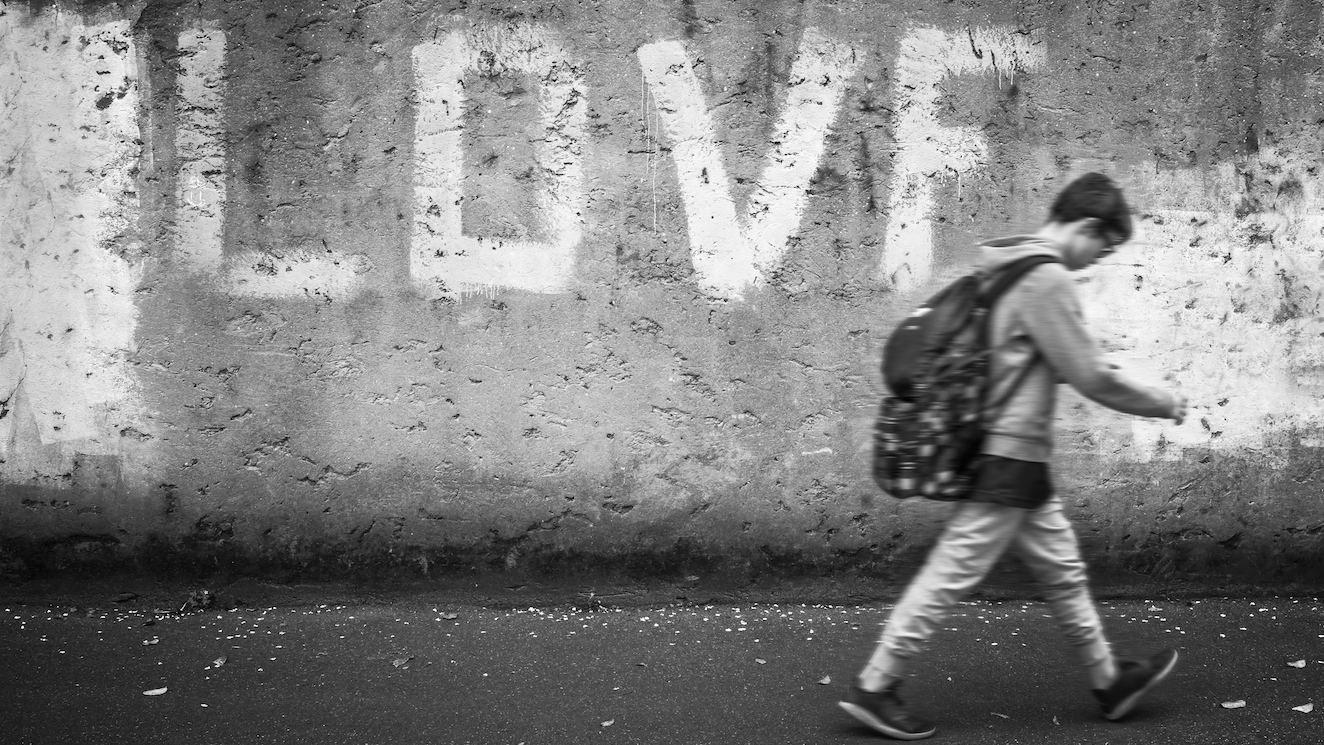

When will we go back to in-person school? When can I see my friends again? Will we ever be able to go to the playground/have playdates/birthday parties again? Why do I have to stay six feet apart? When will I see Grandma and Grandpa? Will we have to wear masks for years? When will this end? Oh, and, one more thing: WHEN will we go back to school? And what will it be like?
Safe to say, you’re being inundated with lots of questions like this. And you might not be quite sure how to answer (even for yourself). So how do we parent through this kind of fog?
We spoke to two experts to get their valuable guidance. And the underlying principle is this: Learning to cope with uncertainty is a life skill — one children need. Do not deny them the chance to build this skill. Uncertainty will come up again and again in our lives, and we need to learn how to weather it. Here are few ways to do so:
- Remind yourself that children are resilient (maybe more so than you realize). In the midst of so much chaos, it’s easy to lose sight of this. Try to stop worrying about her falling behind in school or whether she’ll be permanently damaged from playing only with her annoying brother. Barbara Kaiser, an early childhood consultant, trainer, and co-author of Challenging Behavior in Young Children: Understanding, Preventing and Responding Effectively says to think of Maslow’s hierarchy of needs. “If your child has a home, food, a bed to sleep in, and a loving parent or two, remember that they will be fine,” she explains. This is not to underplay the mental health aspect here, or the difficulty of parenting through these times. But children are resilient, and unless they are truly in danger — they or a parent is being forcibly taken away — they will bounce back.
- Do not skip over the hurt, pain or anger your child is feeling. “We have engineered everything in our lives to not feel uncertain,” explains Dr. Jane Rosen, a child clinical psychologist in private practice and the director of the IKAR Early Childhood Center in Los Angeles. “As humans, uncertainty is probably the hardest thing.” So naturally it can be a parental instinct to skip over the Big Feelings that are coming up — especially because we can’t fix any of it. But try not to brush off or tamp down their emotions. “When you leap over, ‘Yes, you’re right, this is so hard,’ to ‘You know what’s going to be great instead?!’ the child can’t trust you to see and feel what they are feeling and seeing,” Rosen explains. Imagine seeking solace from a friend on a bad day, and the friend saying, “But your hair looks good!” You two are missing a real opportunity for connection and she is denying your feelings. Which leads to…
- Acknowledge their pain and disappointment. This can be as simple as saying: I know you were so looking forward to camp/ school/ that family trip. What is it like for you that that’s not going to happen? If they can identify how that sadness or loss feels, they can learn to regulate the feelings that come up. But the first step is to LET THEM FEEL IT, even if it makes you want to run. Your child will be creating coping mechanisms and neural pathways that will help them later in life.
- Do not go into crisis mode — and do not try to fix it. Not going to lie, news of the latest stay-at-home-orders in L.A. sucks. For everyone. It’s fine to be upset, but don’t freak out about it in front of your kids. And at the same time, don’t replace one idea with another as if they’re interchangeable: Everything fun and normal is cancelled but look at the bouncy house we got you! (See above.)
- Ask the kid what would help. What activities are you wanting to try this winter? What ideas do you have for weekend activities these days? Your child will probably have a better idea about how to “fix” or salvage things than you do, Kaiser explains.
- Do not promise new plans you can’t keep. None of us know when or how this will end and what life will look like months from now, so avoid making predictions you can’t be sure of. Do not tell them school will start; do not tell them they can see Grandpa; do not tell them that in a month everything will be back to normal. You’re setting everyone up for more disappointment.
- Give your child a job or two. Depending on your child’s age, thanks to the pandemic they might be recognizing for the very first time that parents actually have jobs! Explain what this means: “Our jobs help the family, and they help us personally,” Rosen says. “Our jobs help the family run smoothly.” So even if pre-pandemic your kids didn’t have designated chores, now they should. This can be watering plants, setting the table, cleaning the hamster cage. They are not favors or chores, but rather their contribution to the functioning of the household.
- Be of use in the world, too. There is clearly so much about the world that feels broken right now — from political upheaval and violence to people lacking basic healthcare to systemic racism to not enough PPE for healthcare workers — and kids need to feel useful. “You can be certain of one thing,” Kaiser says. “We don’t want the world to go back to what it was before, because [that] didn’t work.” Ask kids how they want to help: What do you think the world needs? What can we do?
- Channel the feelings into art. Yeah, yeah, I know, it can sound like paint-through-your-feelings BS. But! Many people over many centuries have directed their pain, frustration and joy into novels, symphonies, and paintings. Look at Picasso’s Guernica! Rosen suggests saying to a kid “People will want to know your story. You have value in this time!” If the child is very little, help them write out a story or paint a picture. Older kids can start a journal.
- Check yourself. You know who often can’t deal with uncertainty? Us. Grownups. If that’s the case, own it. What kids really need are their parents — not camp or a fancy birthday party. What’s so hard about parenting through this moment is that “our children are the raw example of what we’re feeling and that’s why they get under our skin,” Rosen says. “We think: I’ve done so much work to cover up what you’re showing me!” Instead of running away, use it as a moment to connect to your child’s emotional state, even if it’s hard. This will not only bring you closer together, but will show them that you — and they! — can handle their difficult feelings.
There’s no getting around that this is a tremendously difficult time to parent, but the pandemic will — eventually — end. And with any luck, and some deep work, you and your child will have some new coping skills to get through life. This is far from a bad thing.







